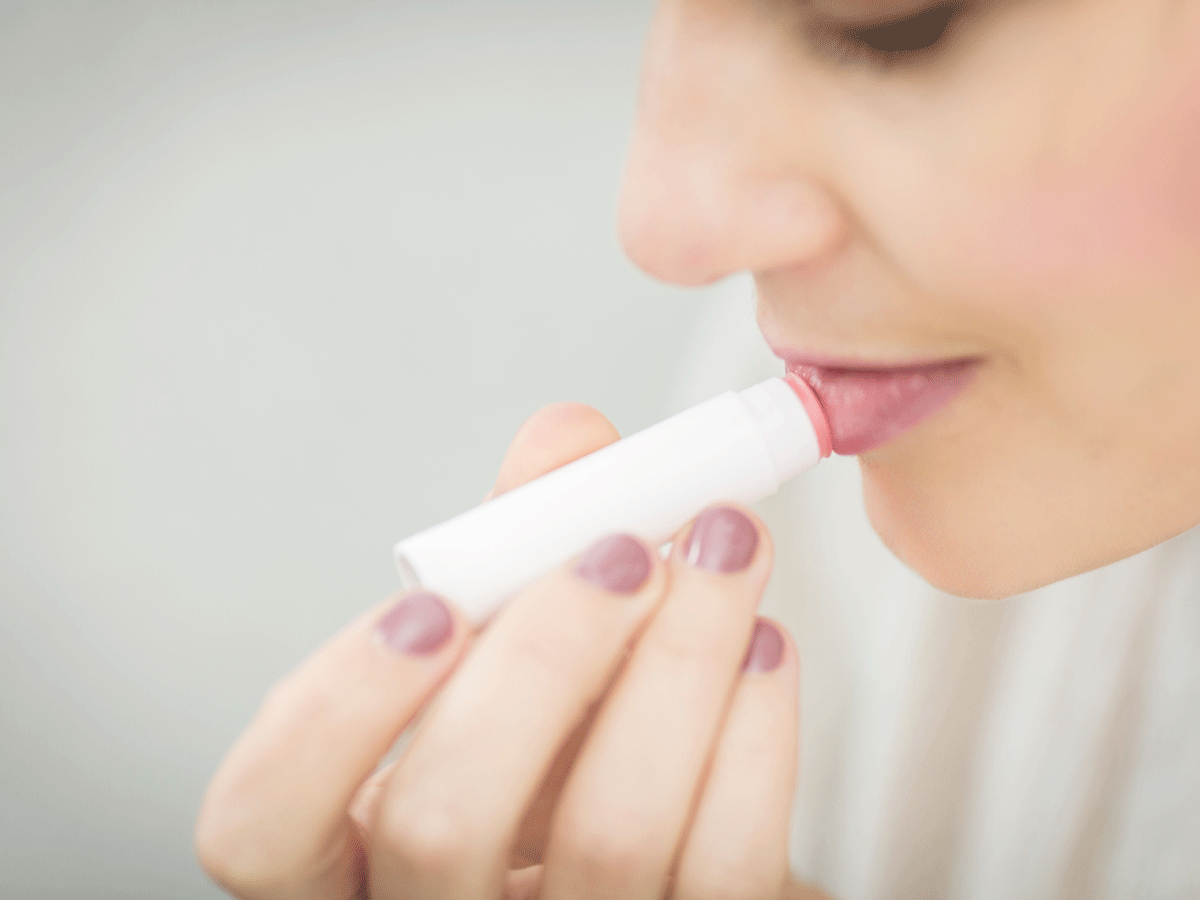
Your tongue works overtime
Excessive licking of your lips is an instinctive habit that kicks in when dry winds and freezing temperatures make your lips feel dry. But all that licking isn’t keeping lips moist and subtle. First, the saliva dries quickly, forcing you to keep licking. Second, saliva comes with enzymes that don’t evaporate and hang out on the skin, and these types of enzymes are just too harsh for your delicate lips. “In some situations, I’ve seen children that licked their lips so much without applying anything that they actually become infected,” says dentist Aaron Mannella, DMD, of Pediatric Dental Associates of Randolph. Toss a moisturizing lip balm in all your coat pockets and reapply as needed.

Your teeth hurt
When you have sensitive teeth, you know the piercing pain when a cold drink hits just the right spot. But oral sensitivity can be triggered by cold winter air, especially if you have existing issues such as hairline fractures in your teeth, eroding hardware like fillings, crowns or bridges, exposed roots, or gum issues like periodontal disease. “While the cold air is not harming your teeth or gums more, it is going to be more noticeable and uncomfortable,” says Dr. Mannella. Schedule a visit to your dentist to determine the cause and offer a solution.

Higher blood sugar
“Patients who have diabetes should be particularly careful when faced with extreme weather conditions,” says endocrinologist, Dennis Gage, MD, FACP, of Park Avenue Endocrinology & Nutrition. Extreme weather—intense heat or frigid temps—encourages your body to release stress hormones such as cortisol; this can contribute to insulin resistance. “Diabetics, in particular, should adapt to cold and warm weather conditions slowly and avoid prolonged exposure to extreme conditions and check sugars more frequently to make sure that diabetic control is maintained,” suggests Dr. Gage. (These are the best herbs and supplements for diabetics.)
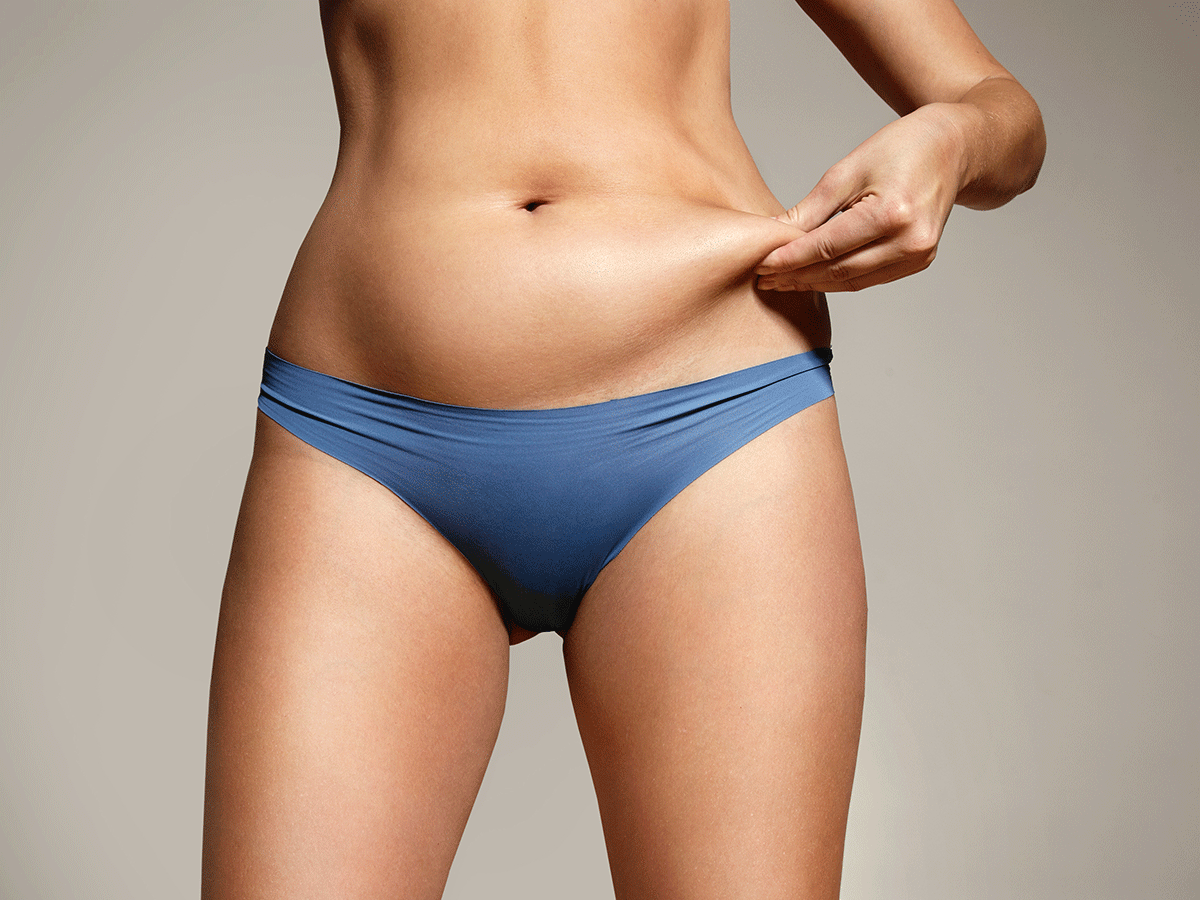
You build up better fat
We all have plenty of white fat—the lumpy kind that just sits there looking bad (and making you feel bad). But there’s another kind—brown fat—and it’s much more active. It burns calories and helps you stay warm when it’s cold. According to Robert Segal, MD, co-founder of LabFinder.com, our brown fat levels can increase in winter, probably a built-in feature to help keep us warm. You can nudge up levels of brown fat by exercising in colder temperatures, says Dr. Segal. There’s also an indication that keeping your melatonin levels high by sleeping well and avoiding nighttime exposure to blue light boosts brown fat.
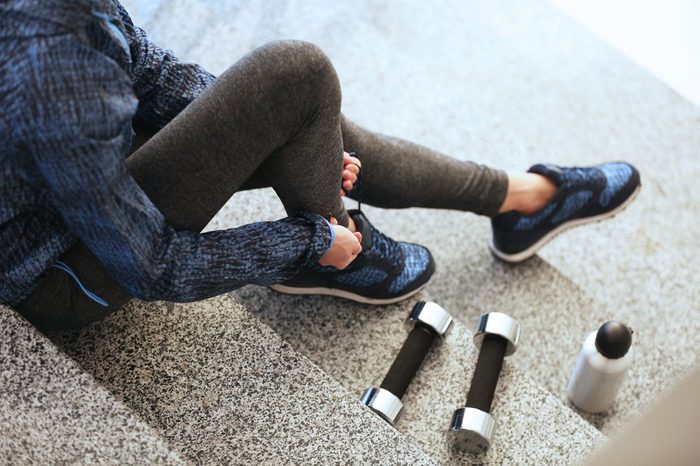
You could burn more calories
You may have heard working out in the cold can torch calories. It’s true your body has to work harder to maintain body temperature. And when your body works harder, you reap the benefits of an increased metabolism. But don’t get too excited: “Unless you are really sweating while working out, your waistline might not change that much, “says Dr. Segal. “Bottom line is, it’s not the cold that’s making you burn more calories but the extra effort you are putting in.” (Don’t miss the surprising health benefits of cold weather.)
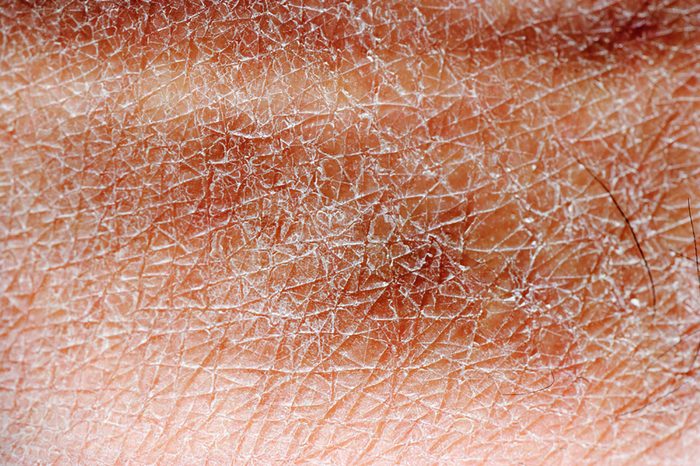
You’ll dry out
Everyone can remember to drink plenty of fluids in the summer, but it’s equally—or even more—important during the dry months of winter. Yet people often fail to rehydrate properly, says Dr. Segal, probably because people simply don’t “feel” thirsty like they do in the warmer, humid months. “During winter months, dehydration cases actually rise because the body’s thirst response is diminished. Sweat also evaporates faster during the colder months which fools us into thinking that we are not dehydrated or thirsty,” he explains. (Here’s what everyone gets wrong about winter skin care.)
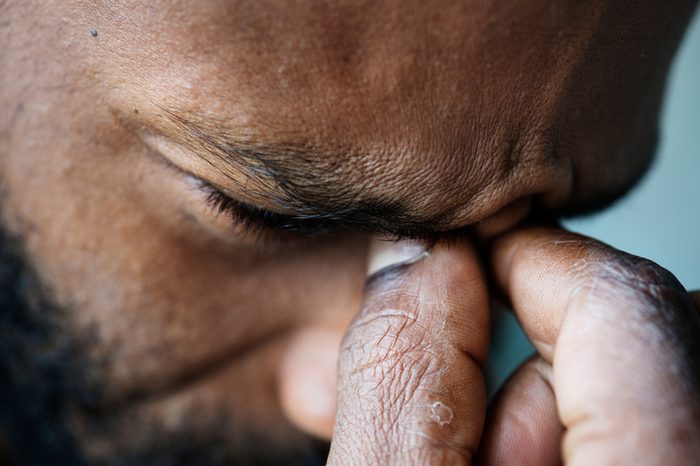
You’re prone to more migraines
Waiting out winter on the couch means you won’t get the sunshine essential to helping your body generate vitamin D. For people susceptible to migraines, low vitamin D can be a trigger. Dr. Segal says the drier conditions of winter that lead to dehydration can also raise the risk of migraines. Another issue—the dramatic shifts in temperature when you go outside or come in from the cold. (Learn more on how vitamin D can benefit your health.)
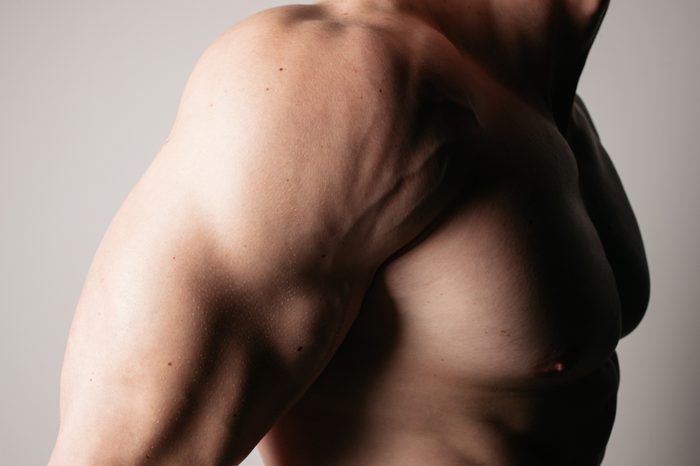
Your muscles tighten up
Remember how effortless it was to dive into the pool and start swimming or jump into a game of beach volleyball last summer? One of the reasons your body can quickly adjust to activity in the summer is because your muscles are literally warmer. In the winter, they’re cold and stiff; you’ll have to work harder to complete tasks that were simple in summer. “If you attempt to be active without the proper preparation and pull a muscle, you’re going to take a longer time to heal due to decreased blood flow and circulation when it’s cold,” says chiropractor Daniel Pozarnsky, DC, of Balance Chiropractic & Rehab. “Pair that with overcompensating for the damaged muscle and you’re ripe for additional injuries.”
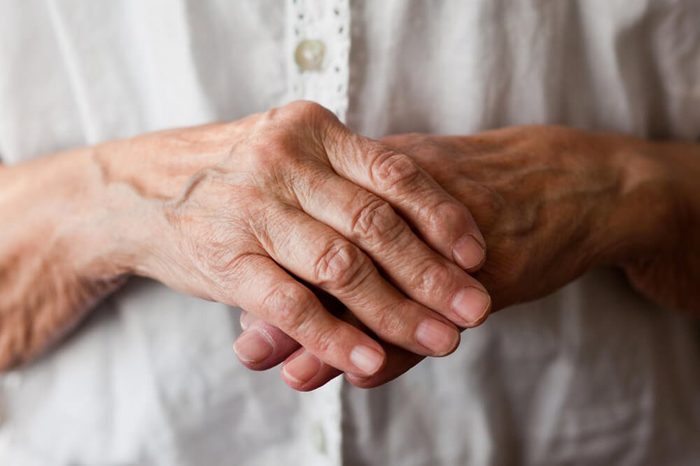
Your arthritis is acting up
Cold weather and aggravated arthritis go hand-in-hand but it’s not really the cold winter temps that increase arthritis pain. “Believe it or not, the reason arthritic patients feel worse in the winter isn’t due to cold but a change in barometric pressure. In the winter we tend to have a variety of different storm cells and systems crossing the country with more frequency. When those storms pass by, they change the atmospheric pressure, which can be felt by some arthritis patients,” says Dr. Pozarnsky. Warm gloves won’t relieve the pain at that moment, but a gradual increase in the range of motion, movement, and endurance can help, he says. (Psst: This should be a pantry staple if you have arthritis.)

Outdoor spectating can be dangerous
Watching your kid’s football or soccer game in the cold weather can be painful—as it turns out, sitting in the cold weather and jumping out of your seat isn’t a winning combo. “When cold, the muscles lose heat more quickly, which causes them to contract and tighten throughout the body,” explains Dr. Pozarnsky. “This limits their mobility, range of motion, and the nerves in the region can more easily be pinched.” Take breaks from the action to get up and walk around—that will help your muscles stay loose and warm.
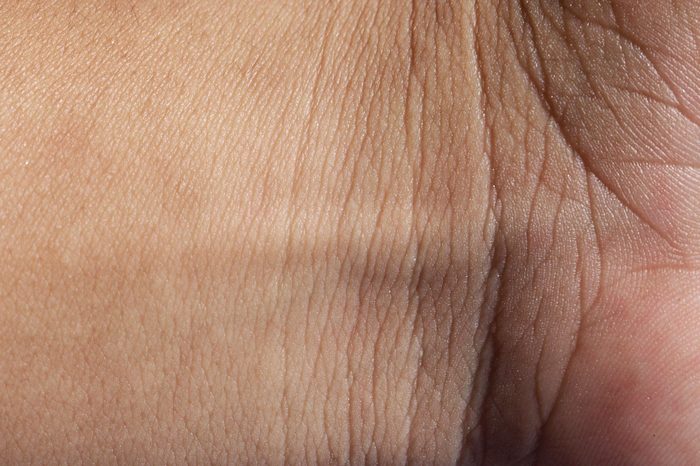
You could get winter wrinkles
So you can’t fully blame winter for more wrinkles, but Michael Tantillo, MD, founder of Clareo Centers For Aesthetic Surgery, says you can blame environmental and lifestyle changes that occur during the winter season. “The issues include the drop in humidity, a slowing of your circulation, reduced cell renewal, exposure to dry winds, increased sun exposure due to reflecting UV rays off snow and ice, changes in dietary habits, and decreased levels of activity.” Consider the shift in temperatures when you go from your warm office to your cold car. “This decreases cell renewal and skin circulation, causing our skin to lose its fresh glow,” says Dr. Tantillo. Combine all these scenarios and what do you get? Wrinkles, blemishes, and dry skin. (Here’s what dermatologists do to keep their skin healthy in winter.)
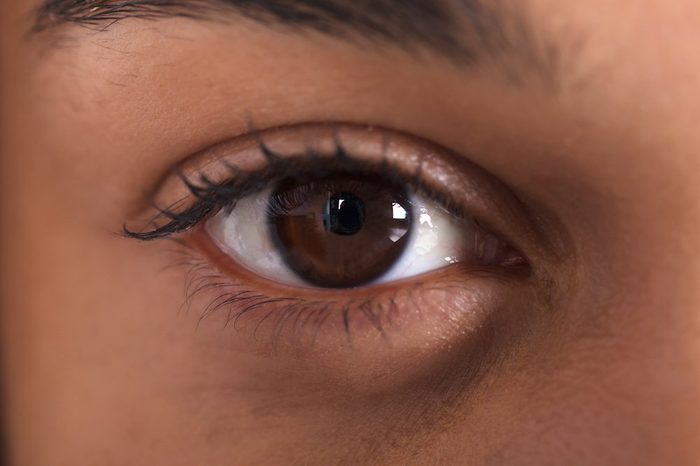
You get snow blindness
Winter and summer sun are equal offenders when it comes to harmful UV rays. But what people forget is the sun reflecting off the snow can be very harsh on the eyes. “In addition to increasing cancer risk and contributing to cataract progression, it can cause a painful condition called ‘snow blindness’ (also called ‘sunburn of the cornea),” says ophthalmologist Marta McKeague, MD, Laser Cataract, Cornea and Refractive Surgeon at Ophthalmic Consultants of Long Island. Whether you’re driving or building a snowman, don’t forget to wear UV-blocking sunglasses.
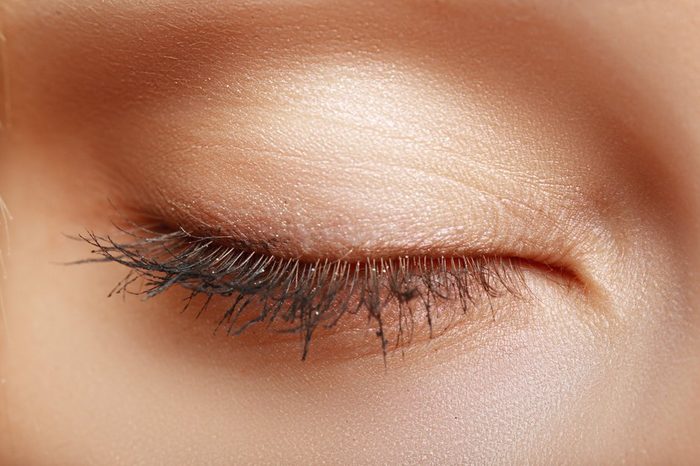
Your ocular surface dries out
Your ocular (eye) surface is covered by a thin layer of tear film. A healthy surface gives us clear vision, comfort, and helps protect against infections. But that layer is highly sensitive to changes in the environment like dry air or wind. Inside the house, the furnace or fireplace dries out the air and can damage that layer; outside, it’s the wind exposure that leads to painfully dry eyes. According to Dr. McKeague, you can protect this layer and keep your eyes more comfortable by using a humidifier, artificial tears, and donning on UV-blocking shades when you’re outside.
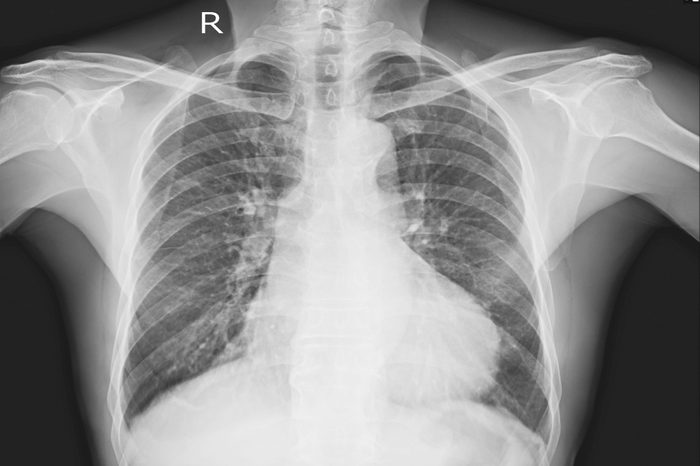
Your asthma will be worse
Viruses like the cold or flu are more common during winter, and they can aggravate asthma. The cold and dry air outdoors acts as an irritant and can worsen asthma. In your house, “dust mites and other indoor allergens such as mold and animal dander are a big asthma trigger,” says Dr. Purvi Parikh, allergist/immunologist with Allergy & Asthma Network.
Next, learn the reasons you age faster in the winter.
